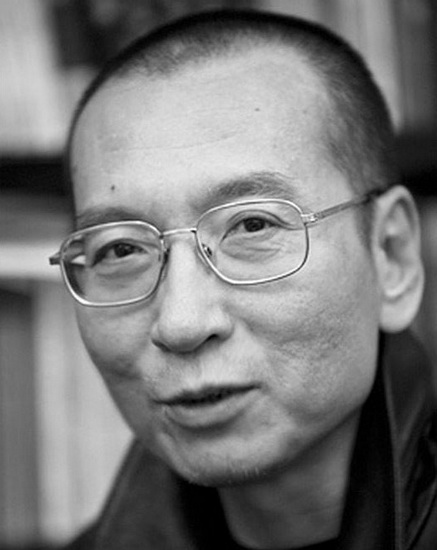


The Bureau of Justice in Shenyang, NE China, announced that Liu Xiaobo died of multiple organ failure due to liver cancer on Thursday, despite onerous efforts by the Chinese hospital to save him. He was 61.
First Hospital of China Medical University, where Liu was treated by a medical team that included two foreign doctors from Germany and the United States, did its best to save him, his main doctor Liu Yunpeng said at a press conference on Friday. Liu stressed that the hospital made “every effort” in his medical treatment.
During his last hours, Liu was accompanied by his wife and several relatives. They were very grateful for the hard work of all the doctors and nurses, according to the hospital, Xinhua News Agency reported on Friday.
Liu Xiaobo was sentenced to 11 years in prison in December 2009 for inciting subversion of state power. After he was diagnosed with a hard to detect form of liver cancer, he was transferred to a hospital on medical parole for better medical care. People all over the world applauded China’s compassionate decision to grant him medical parole, but also demanded more.
The rapid deterioration and ultimate death of Liu is, no doubt, a huge misfortune, made worse by how his death is being politicized.
By granting him the Nobel Prize, the West has shown that Liu is a pawn in its game to undermine China. Now some are using the moment of his death to tarnish China's image on the world stage and encourage more dissent. This makes one wonder if the pressure was really about saving Liu, or more about promoting Western ideas for the purpose of bringing about certain political changes in China.
Liu Xiaobo’s death, while unfortunate, should be a sobering reminder that many in the West remain hostile to China’s political development. It is nonsense to say that China opposes democracy and human rights simply because its system is different from the Western system. What China does oppose is the politicization of Liu’s case and any interference in its internal affairs.

 Award-winning photos show poverty reduction achievements in NE China's Jilin province
Award-winning photos show poverty reduction achievements in NE China's Jilin province People dance to greet advent of New Year in Ameiqituo Town, Guizhou
People dance to greet advent of New Year in Ameiqituo Town, Guizhou Fire brigade in Shanghai holds group wedding
Fire brigade in Shanghai holds group wedding Tourists enjoy ice sculptures in Datan Town, north China
Tourists enjoy ice sculptures in Datan Town, north China Sunset scenery of Dayan Pagoda in Xi'an
Sunset scenery of Dayan Pagoda in Xi'an Tourists have fun at scenic spot in Nanlong Town, NW China
Tourists have fun at scenic spot in Nanlong Town, NW China Harbin attracts tourists by making best use of ice in winter
Harbin attracts tourists by making best use of ice in winter In pics: FIS Alpine Ski Women's World Cup Slalom
In pics: FIS Alpine Ski Women's World Cup Slalom Black-necked cranes rest at reservoir in Lhunzhub County, Lhasa
Black-necked cranes rest at reservoir in Lhunzhub County, Lhasa China's FAST telescope will be available to foreign scientists in April
China's FAST telescope will be available to foreign scientists in April